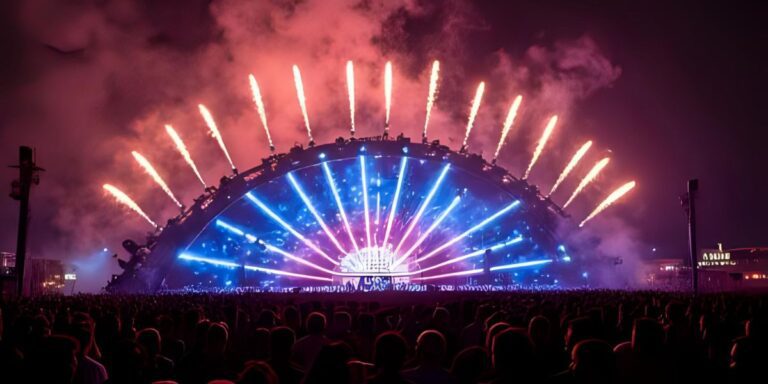The 69th edition of the Eurovision Song Contest has made history, attracting the largest global audience ever recorded. This landmark achievement further cements the contest’s reputation as one of the most influential and widely viewed entertainment events worldwide. Known for its spectacular live performances, eclectic mix of musical genres, and vibrant displays of national pride, Eurovision 2025 demonstrated its unprecedented global appeal, drawing viewers from every corner of the globe.
The contest’s extensive reach is a testament to the growing significance of international music competitions. This year, Eurovision’s footprint expanded beyond traditional television broadcasts, with a massive surge in digital and streaming platform engagement. As a result, millions of viewers from diverse regions tuned in to experience the event, marking a milestone in the contest’s international success. Social media buzz, real-time fan engagement, and the integration of interactive online elements all contributed to this record-breaking audience.
Eurovision’s global viewership is a reflection of the increasing desire for cross-cultural exchange and the power of music as a universal language. The contest, originally founded as a way to bring European countries together after World War II, has evolved into a global spectacle that celebrates diversity and fosters a sense of unity. Each year, contestants representing various countries put forth their best performances, often blending traditional sounds with modern pop influences, creating a musical celebration that transcends national boundaries.
The event’s reach is not just a one-time occurrence but part of a growing trend. Eurovision has adapted to the digital age, with live streams and on-demand content reaching audiences who may not have had access through traditional television. This digital revolution has allowed younger generations to connect with the contest, fueling an even greater level of excitement and engagement. Fans across social media platforms participate in live conversations, share content, and support their favorite acts, creating a virtual global community that extends beyond the event itself.
Eurovision 2025’s record-breaking success also highlights the contest’s broader cultural impact. It has become a platform where emerging artists gain international recognition and where new trends in music and performance are set. Many former contestants have gone on to have successful careers, leveraging the exposure they gained from the competition. This year’s contestants brought their unique flair to the stage, showcasing an eclectic mix of genres, languages, and creative performances that captivated the audience.
Looking forward, Eurovision’s global influence is expected to grow even further. The event has proven its ability to adapt and evolve, engaging a diverse and dynamic audience while maintaining its core values of inclusivity, creativity, and celebration of cultural differences. As the 69th contest has shown, Eurovision is not only a cornerstone of European entertainment but also an essential cultural event that continues to shape the global music scene.


